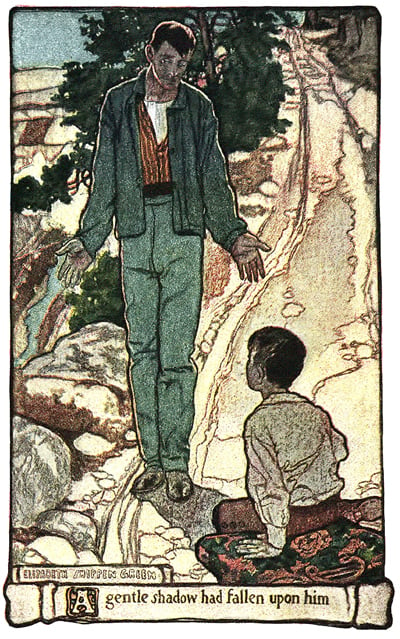Robert Littell’s “What the Young Man Should Know” (1933)
Advice for parents about raising their sons
With Father’s Day on Sunday, we direct your attention to “What the Young Man Should Know,” Robert Littell’s 1933 essay of advice to parents on how to raise their sons. Littell describes his purpose thusly:
If we parents do not supplement what is given by the usual schools, our sons will come out of them mere Christian stockbrokers with an abnormal craving for bodily exercise. If we want our sons to be able to drive a car, speak French fluently, play the piano, set a broken leg, and make horses do their bidding we shall have to look outside of the schools and colleges. And I submit that he who cannot do these things is not completely educated.
What follows is a series of pointers on the kinds of skills, knowledge, and charms a well-rounded man of that era is expected to possess — all informed by an offbeat voice that only occasionally strays into the kind of datedness that would today seem offensive (“the best chefs are all men”). Among Littell’s thoughts on what the young man should know:
He should be able to scramble eggs, brew coffee, broil a steak, dress a salad, carve a chicken, and produce, on occasion, one first-class dish, such as onion soup
An American who cannot throw and catch a ball seems pathetic and grotesque.
It is probably quite as necessary for a young man to learn how to drink as it is for him to learn how to swim.




